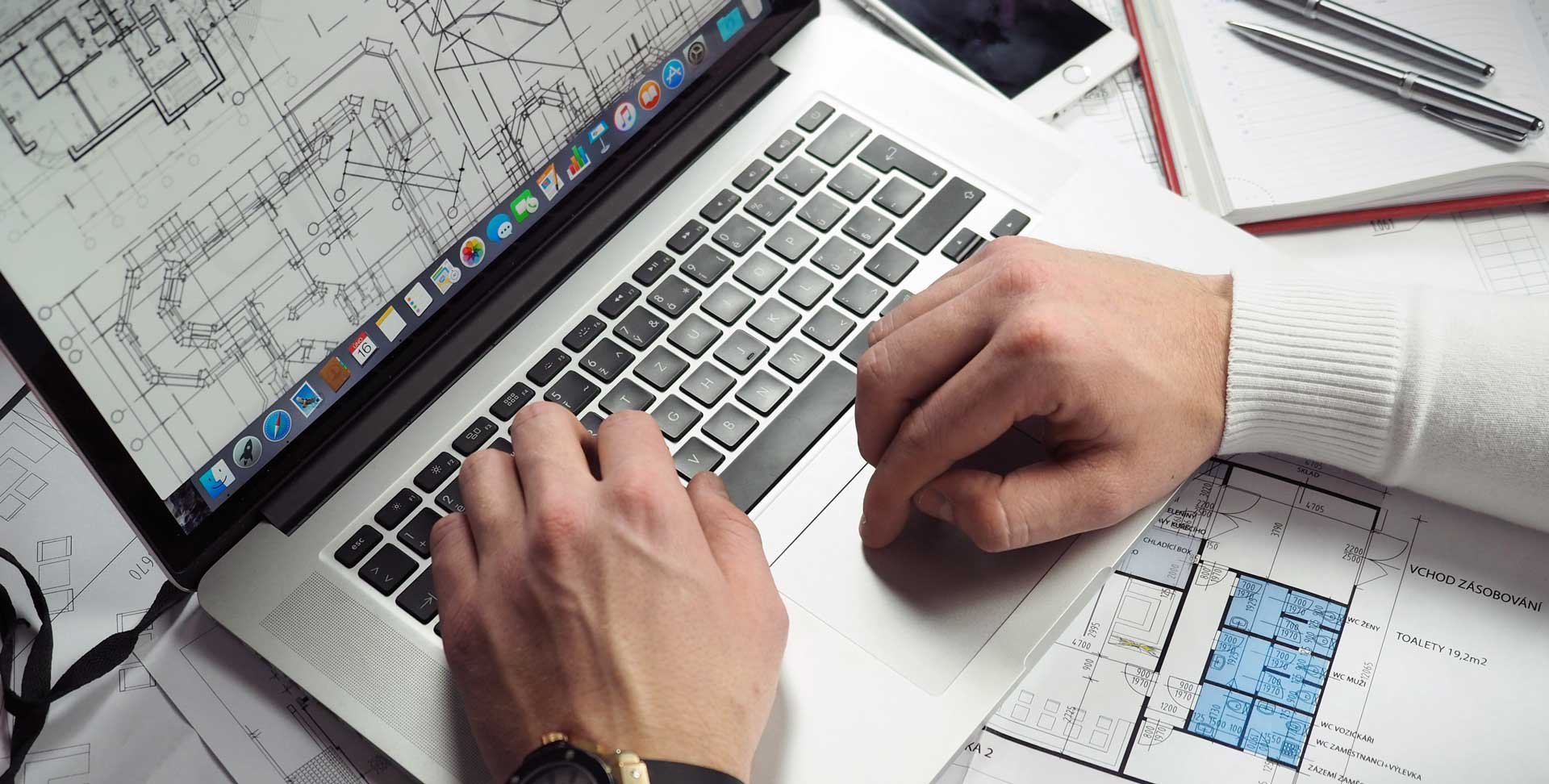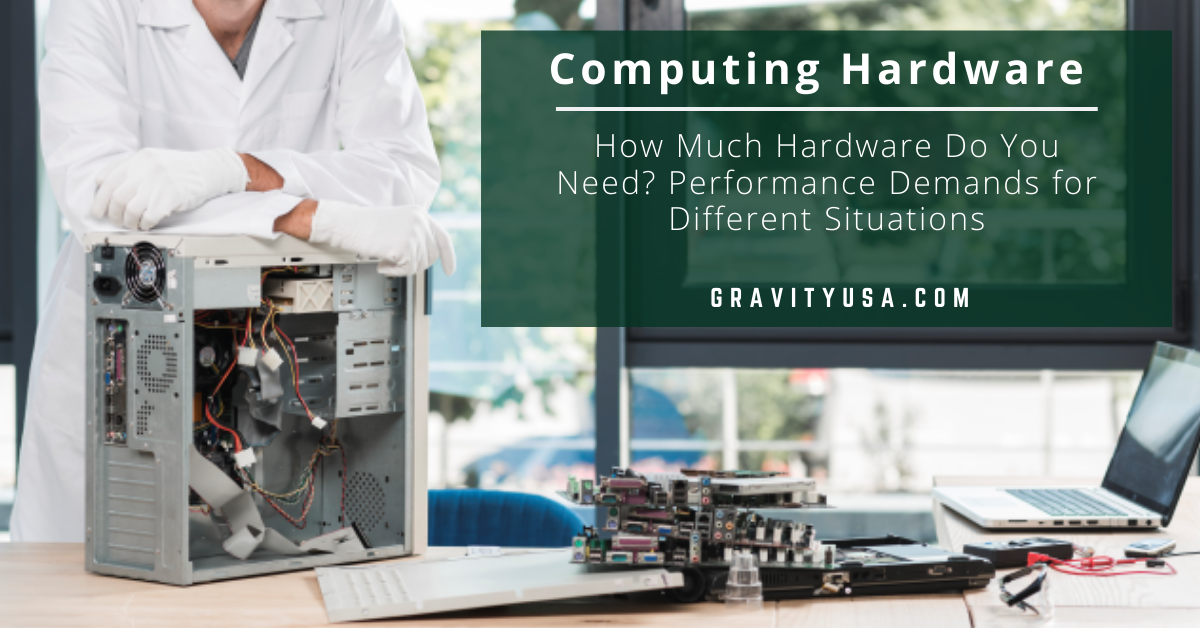All computing hardware is not created equal where speed, power, storage, and other factors are concerned. Let’s look at some of these considerations in terms of your own hardware needs.
Processing
.png?width=1200&name=Blog%20image%20(25).png)
The central processing unit (CPU) of a computer is tasked with manipulating data, performing calculations, and implementing instructions. You may hear these chips described in terms of their clock speed, the number of tasks they can perform per second.
If you or your employees typically work with a limited number of applications at a time, clock speed can make all the difference in how responsively those applications can run. But if your team engages in heavy multitasking, you may get more better results from CPUs that offer multiple cores.
Memory - The more memory your hardware has, the more information it can work with at any given moment. Currently, 16G or more of RAM can handle everyday office tasks comfortably. If your business does graphics-heavy work such as 3D rendering or animation, however, you’ll want devices that can hold as much RAM as possible.
Storage -
.png?width=1200&name=Blog%20image%20(26).png)
You may not need a wealth of drive storage on your workstations if you’re making use of external drives and cloud-based drives. A few hundred Gigabytes should offer adequate space for small files such as documents. But if your team typically works with very large files such as movies, you may want to seek out the largest-capacity drives you can find.
Your budget will place limits on some of these decisions. You don’t want to buy the cheapest of everything, unless you’re okay with sub-par performance. Grossly over-equipping yourself against some uncertain future need may not be wise either; you might find even better options (for less money) a couple of years down the road. Our Austin tech support team can advise you -- just give us a call!




